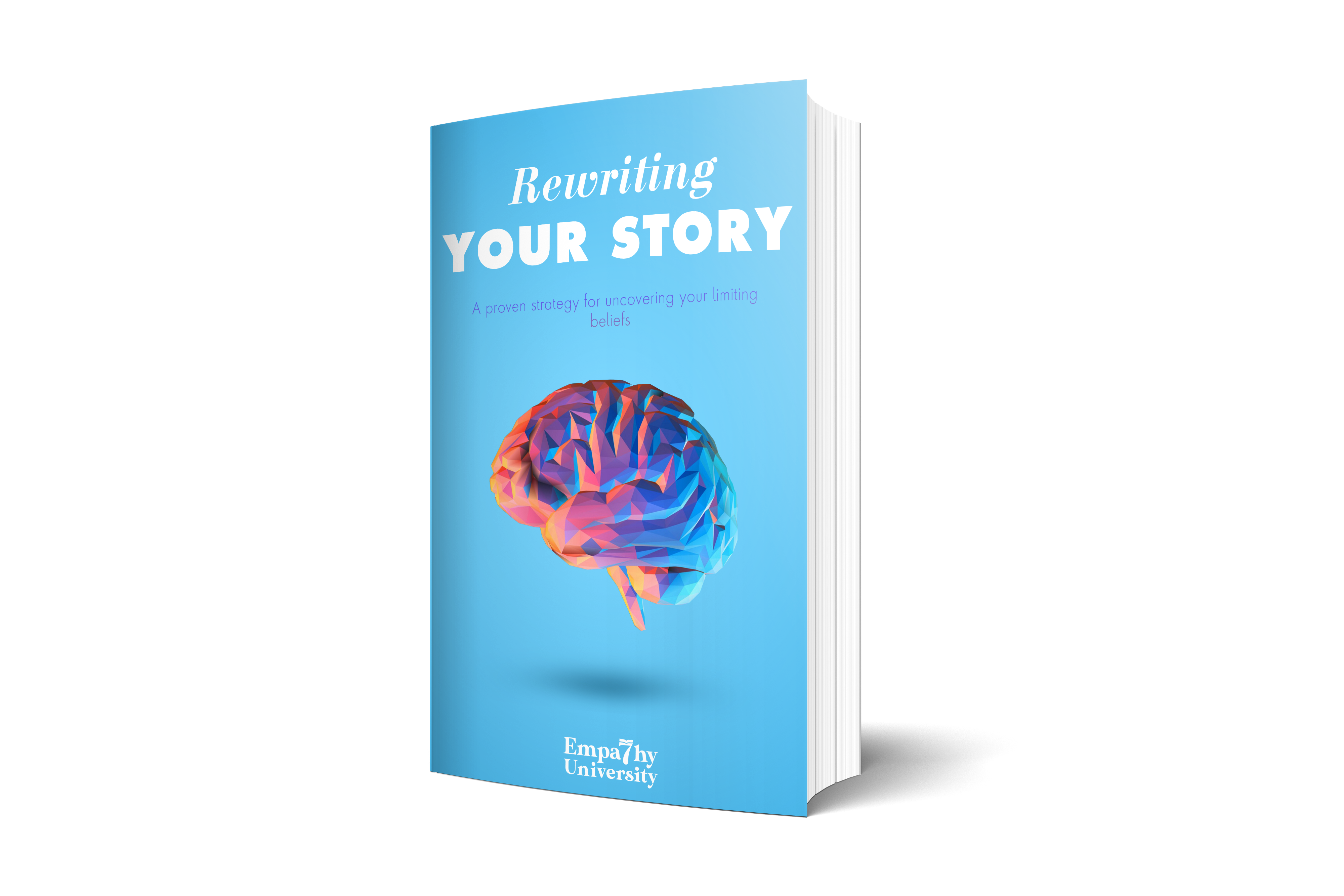How to Navigate the Wellness Industry
“To keep the body in good health is a duty… Otherwise we shall not be able to keep our mind strong and clear.”
Buddha
We are admittedly not lacking trends these days.
every day something new comes forth, and claims start rolling of how revolutionary this new yoga class, superfood, supplement or approach is and how it will transform your life.
We’re almost expecting them at every corner and, since it’s virtually impossible at first glance to distinguish the fads from the facts, I feel most of us have embraced a slightly detached and cynical approach whereby we don’t really believe any of them any more.
I’ve studied nutrition for over 10 years now, and even I find it hard to navigate the world of information these days: when a claimed is supposedly backed by scientific research, it, unfortunately, doesn’t guarantee that it will be sound science, often a study designed or summarized in a biased way to support a hidden agenda.
After all, pharmaceutical companies, food companies, supplement companies and even gurus and experts are all out there to earn a living so we would be naive to expect an objective perspective from all of them.
Not to mention that even professionals and doctors are human beings with their own biases and limitations that influence their recommendations.
 The problem with science these days is that it is so obsessively focused on the smallest possible details, that it often fails to address the big picture. Just think about it: we have doctors who are specialised in the smallest organ, body part, a function of the body. We’ve been trained to believe that if we want to resolve an ailment of any sort, we must see the best specialist in that particular field. The more specific, the better.
The problem with science these days is that it is so obsessively focused on the smallest possible details, that it often fails to address the big picture. Just think about it: we have doctors who are specialised in the smallest organ, body part, a function of the body. We’ve been trained to believe that if we want to resolve an ailment of any sort, we must see the best specialist in that particular field. The more specific, the better.
We’ve done the same with nutritional science and food in general: nobody hardly talks about food anymore. They all seem to talk about nutrients (did I get enough protein? are carbs bad for us? does sugar cause disease?) or functions (what about insulin resistance? is ketosis the way forward?).
I don’t have anything against traditional science and its advancement: I think it is impressive how far we’ve come and how effectively we can operate on the human body.
The question that comes to mind, however, is: why is it then, that we’re more advanced than ever in the scientific field yet we’re also more overweight and sick than ever before and progressively getting worse? Apparently, this newest generation of children will be the first ever with a lower life expectancy than their parents: can you believe that?
It is virtually impossible for anyone in their everyday life to go through each piece of information in detail and understand scientific studies and claims in a way that will allow them to discern what’s real from what’s not and let’s be fair, information agencies like attention more than they like the truth.
In all this madness, I’ve found the best approach is actually the very opposite of what we’re often incited to do: and that is to take several steps back and try to regain perspective of the bigger picture.
Perhaps getting so laser-beam focused on tiny little details is distracting us from the big picture?
My meditation teacher often tells the story of the three blind men that are put next to an elephant and asked to touch it and describe what an elephant is to them:
The first of the three men happen to feel the tail of the elephant, so he righteously claims “an elephant is like a tightrope that goes in circles”,
the next man touches a leg of the elephant and says “ an elephant is like the large trunk of a solid tree”.
Finally, the last man so happens to touch the trunk of the elephant and claims “an elephant is like a big snake that floats in the air”.
Were any of these men wrong? Not at all. They were all rightly describing A PART of the elephant.
None, however, captured the full picture of what an elephant looks like.
When approaching wellbeing, we should be thinking of us as a whole.
Doing a lot of one thing (even if it’s the right thing) is not the answer but making small improvements across the three main pillars of well-being, (food, fitness and focus) will bring forth exponential improvements.
For instance, most schools of nutrition (other than the very extreme and bonkers kind) will agree on several points,
eat more fruit and vegetables
favour wholegrain and legumes instead of refined carbohydrates,
avoid junk food processed food and fizzy drinks,
limit the consumption of alcohol and sugary/fatty treats).
Confusion and overwhelm are the enemy of implementation so take a step back, look at the big picture and use your common sense to start from the obvious improvements you already know.
Then once you’ve done what you can alone, consider working with a specialist to get more specific advice but always remember to take a step back and look at the bigger picture.
Those who think they have no time for healthy eating…will sooner or later have to find time for illness.”
Edward Stanley








